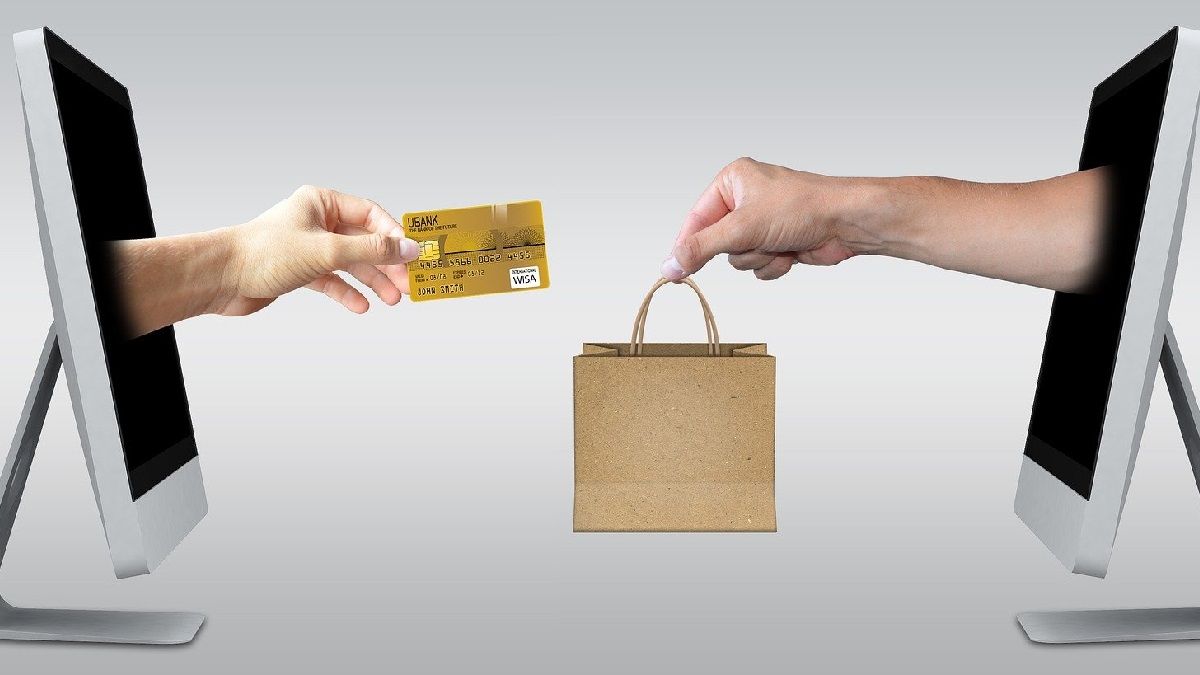It seems that the great release expected at the end of the pandemic may not come to pass. According to the European Central Bank (ECB), despite most households having put money away throughout the last 18 months and now having substantial savings, few of them believe that they will splurge when the time comes and everything reopens.
I would not be convinced if the data was not there. My assumption for the last year-and-a-half is that what we have not spent on going out, we have merely directed towards services like Gorillas and Flink. And, in the UK, it seems that many threw their savings in the direction of buying a house, any house and anywhere, before the Stamp Duty Holiday ended.
Involuntary savings
Not according to the ECB. The banking giant intends to release its Economic Bulletin on Thursday but, earlier in the week, put out a brief snippet with which to tease humble financial reporters.
“The propensity of euro area households to save has reached extraordinary levels since early 2020,” says the snippet. “The household saving rate, as derived from the euro area sectoral accounts, increased sharply in the first half of 2020. Since then it has fluctuated around a much higher level than before the pandemic, largely mirroring the pandemic-induced decline in consumption.”
The ECB makes the reasons for this clear: “The decomposition suggests that most of the additional savings were involuntary. Owing to the government-imposed restrictions and the fear of infection, many types of consumption were effectively not available (eg restaurant visits, concerts and travel), leading to involuntary or ‘forced’ savings.
“Precautionary savings have also played a significant, albeit more limited, role. Short-term work schemes not only provided immediate compensation for the loss of labour income, but also helped to preserve existing jobs. The nature of these fiscal transfers also seems to have contributed to containing the risk of future loss of income and hence the need for precautionary savings, although this effect is hard to quantify.”
No signal of widespread pent-up demand
And, yet, most people responding to the ECB said they had no plans for big purchases. “The European Commission’s consumer survey suggests that, in the next 12 months, households expect their spending on major purchases (eg furniture, electrical/electronic devices, etc) to be comparable to the amounts they spent at the beginning of 2020. Households also indicated that their intentions to purchase a car in the next 12 months remain below pre-covid levels.”
The report’s authors added: “While some expenditure categories may be benefiting from exceptionally high demand, survey indicators do not signal that in the coming year widespread pent-up demand financed by excess savings accumulated during the pandemic will give a strong boost to private consumption.”
Puzzling dichotomy
This is all fine and good, but there is also the fact that the eurozone has rebounded in recent months and grew faster in Q2 2021 than previously expected. At the end of last month, Reuters reported that the easing of pandemic restrictions and the uplift in the continent’s economy helped inflation shoot past the 2% mark in July. Inflation worries have been running for some time at this point, and the ECB performed a sleight-of-hand gesture in July when it subtly altered its own inflation target.
So why the dichotomy between rising inflation and household savings? The reasons behind a bump in inflation are deep and complex. Two months ago, Carsten Brzeski, chief economist at ING-Diba, told me that the inflation was due to ‘…supply chain disruptions, higher commodity prices, and the upward pressure on services on the back of gradual reopenings of the economy’.
Others that spoke to Expert Investor gave numerous, other reasons for a boost in inflation. Yet, none of them spoke about a surge in consumer spending. The closest thing mentioned was an uptick in the price of consumer goods. But these are not the same thing.
My personal, non- scientific take on the whole thing is that 2020 and 2021 have taught everyone to be ultra-cautious. We locked ourselves down and away, we wore facemasks, we sanitised. People kept themselves away from families, from friends, from socialising. We exercised care and we exercised caution. And as the various waves of the pandemic kept rolling in, we did it repeatedly.
Hands have been clasped so tightly around our purses that it will take some time for consumers to relax. It will be until there is some semblance of normality and of lives lived without restriction that people will begin to feel uncomfortable once again with big purchases made without thinking of what may happen tomorrow.
Since everyone has been counted on for so long for so much, it might be time to not rely on what they will do next. The one thing they should not be expected to do now is more.







